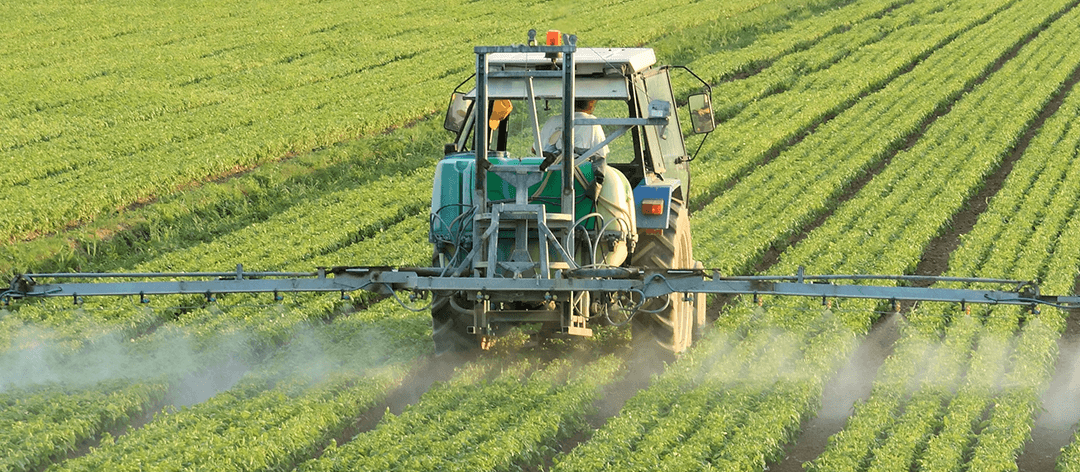Many pesticides have been banned due to their persistence in the environment, their toxicity at relatively low concentrations, and documented effects on wildlife. While application of these chemicals was allowed at the time, the presence of compounds such as dieldrin, chlordane and arsenic in soil on a property that historically applied banned pesticides, such as agricultural land, is a reportable release and must be managed under the NJDEP SRP program to ensure protection of human health and the environment. NJDEP recognizes that the Garden State has a lot of former agricultural land. NJDEP therefore developed the HAP Guidance Document to provide methods for investigating a property, a deferral option for properties that will continue as an agricultural or similar use, and attainment options and remedial alternatives for properties that will change use.
In their February 2022 revision to the HAP Guidance Document, NJDEP made administrative changes, updated cross references to current regulations and guidance documents, and added new information regarding the HAP RAO Notice. On the technical side, NJDEP updated references to regulatory standards to the most recent Soil Remediation Standards (SRS), and clarified how to define a functional area when applying attainment tools.

